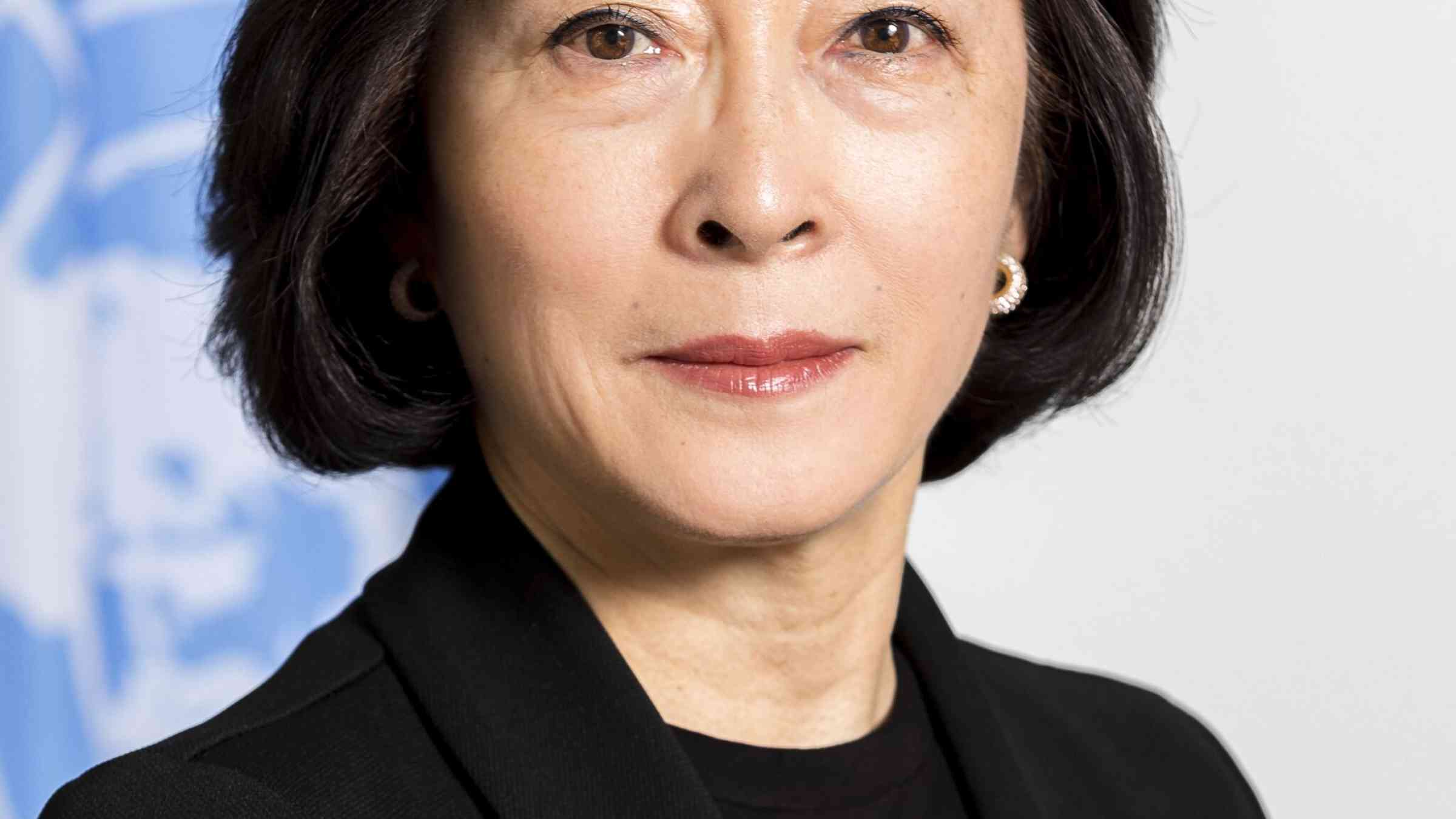SRSG Mami Mizutori intervention at the 2021 HLPF session on Building resilience against future shocks through structural changes and investment in sustainable infrastructure

(Check against delivery)
SRSG Mami Mizutori intervention at the 2021 HLPF session on
Building resilience against future shocks through structural changes and investment in sustainable infrastructure
6 July 2021
The key challenge we have is whether the global recovery from COVID-19 will build resilience and take us back on track to achieve sustainable development, or not.
There is a real danger that we go the wrong way, if the trillions of dollars invested as stimulus packages, and hopefully the billions for international cooperation, are not risk-informed. If all this money is invested without an improved understanding of the current and future risk drivers, be it biological hazards that become pandemics or extreme weather events related to climate change, our recovery will not be resilient, green and equitable.
What are the broad directions that our solutions can follow?
First, we need to construct social and economic systems based on better understanding of the systemic and inter-connected nature of risk that surrounds us. One tiny pathogen caused tragic cascading impacts across health, economic, social and political systems and across borders. We could have prevented and prepared better for this pandemic.
Second, we need to de-risk investment in our infrastructure. As Ms Durrant said, each additional dollar invested for resilience of infrastructure can have a benefit of 4 dollars. Investing in resilience is not a cost, it brings opportunities.
Third, we need to understand that infrastructure do not operate in a stand- alone manner, but is a system-of-systems. The ultimate resilience of infrastructure and the continuity of the service they provide depends on the level of resilience of the whole network of interconnected assets and sectors.
Fourth, we know that the vast majority of investment for infrastructure will come from the private sector. An important role that the United Nations system can play is to ensure that infrastructure is not only resilient but is also inclusive. The UN can lead the establishment of global benchmarks to base resilience and inclusivity of infrastructure together with member states and also involving the private sector and the civil society.